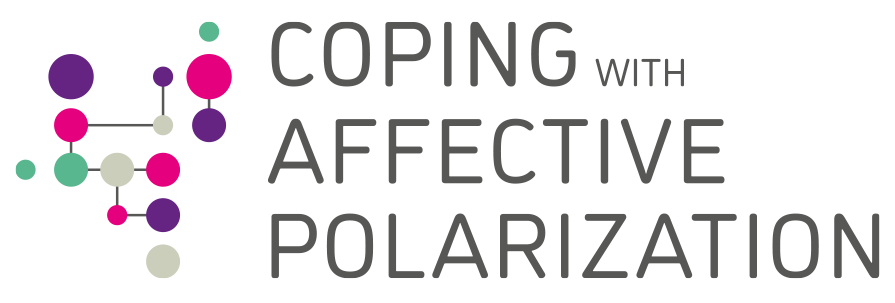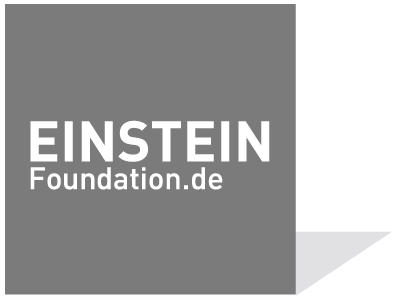The key paper outlining the basis of our research project is now available! – Publication by Swen Hutter, Hanna Schwander, Jule Specht, and Christian von Scheve
Why do so many people today feel increasingly drawn to like-minded individuals – while becoming more dismissive of those with opposing views? What does this mean for democratic societies? And most importantly: What can we, as a society, do about it?
These questions are at the heart of our research – and are also addressed in the newly published discussion paper “Coping with Affective Polarization. A Research Program”, written by the speaker-team of our Einstein Research Unit.
The publication provides a concise overview of our research program and its overarching objectives. It also outlines the theoretical and empirical foundations on which our research projects are based. For example, it explains the shared understanding of key concepts within the project – including the definition of affective polarization that underpins our work.
The authors also explain why tendencies toward affective polarization are intensifying in contemporary democratic societies – and point at potential ways to mitigate its negative effects. They argue that social cohesion is a key resource for constructively addressing affective polarization and counteracting its negative effects – and that civil society plays a crucial role in both strengthening social cohesion and advancing its understanding.
This discussion paper thus marks the starting point for our research program: Through rigorous empirical analysis and the development of practice-oriented approaches, our goal is not only to better understand affective polarization – but also to develop effective tools that enable individuals and groups to engage with it in constructive ways.
The paper is now freely available via the library of the WZB Berlin Social Science Center.
PDF Download: Discussion Paper, 2025
Recommended citation:
Hutter, S., Schwander, H., Specht, J., von Scheve, C. (2025). Coping with Affective Polarization: A Research Program. Discussion Paper ZZ 2025-602, WZB Berlin Social Science Center.



